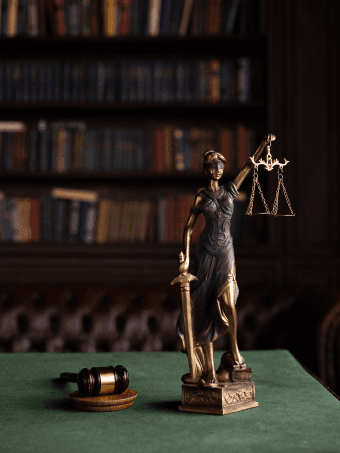Details of the case
Yuga Labs is the creator of the Bored Ape Yacht Club (BAYC), a highly successful and influential non-fungible token (NFT) project. Founded by a team of anonymous developers and artists, Yuga Labs gained prominence in the NFT space with the launch of the Bored Ape collection.
The Bored Ape Yacht Club consists of 10,000 unique and individually generated ape-themed NFTs. Each ape is an NFT with its own set of traits, such as fur color, accessories, background, and more. The project gained significant attention and popularity due to its unique art style, scarcity, and the vibrant community that formed around it. Owning a Bored Ape NFT grants membership to the Bored Ape Yacht Club, which offers various benefits and privileges to its holders. These perks include access to exclusive events, digital and real-world merchandise, and the ability to participate in the club's community and decision-making processes.
In May of 2022, Ripps and Cahen introduced a series of RR/BAYC NFTs. These NFTs replicated the artwork of BAYC but were sold at a lower price compared to the original high-priced BAYC NFTs. Ripps mentioned in a tweet that this collection was intended to be an artistic expression commenting on the essence of NFTs and serving as a satirical response to Yuga Labs' actions. Additionally, Ripps publicized allegations that BAYC NFTs included neo-Nazi symbolism, a claim strongly refuted by Yuga Labs.
Yuga Labs initiated legal action soon after Ripps and Cahen launched their collection, claiming that the duo unlawfully utilized the BAYC trademarks with the intention to deceive community members into purchasing their NFTs instead of the authentic BAYC NFTs. Yuga Labs further accused them of engaging in deceptive advertising practices that caused confusion among users.
Judgment
The U.S. District Court for the Northern District of California made a judgment stating that the RR/BAYC collection, as claimed by Ripps and Cahen, did not qualify as protected artistic expression under the First Amendment. The court ruled that Yuga Labs had the right to protect its trademarked product. It agreed with Yuga Labs' argument that RR/BAYC intentionally attempted to deceive consumers. The court observed that the domains rrbayc.com and apemarket.com both featured BAYC branding, which it deemed "confusingly similar" to Yuga Labs' branding.
According to U.S. District Judge John Walter's ruling, "The Court concludes that Defendants acted with a bad faith intent to profit. The RR/BAYC NFTs do not express an idea or point of view, but, instead, merely point to the same online digital images associated with the BAYC collection."


